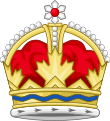The Progressive Party of Canada, formally the National Progressive Party, was a federal-level political party in Canada in the 1920s until 1930. It was linked with the provincial United Farmers parties in several provinces, and it spawned the Progressive Party of Saskatchewan, and the Progressive Party of Manitoba, which formed the government of that province. The Progressive Party was part of the farmers' political movement that included federal and provincial Progressive and United Farmers' parties.

The 2003 Saskatchewan general election was held on November 5, 2003, to elect the 58 members of the Legislative Assembly of Saskatchewan (MLAs). The election was called on October 8 by Lieutenant Governor of Saskatchewan Lynda Haverstock, on the advice of Premier Lorne Calvert.

The Saskatchewan Progress Party (SPP) is a liberal political party in the Canadian province of Saskatchewan. It was founded in 1905 as the Liberal Party of Saskatchewan, and retained that name until members voted to change it in 2023. Until 2009, the party was affiliated with the Liberal Party of Canada.

The Saskatchewan Green Party is a Green political party in Saskatchewan, Canada. The party was founded in 1998 as the New Green Alliance by a coalition of environmental and social justice activists. In the twenty-first century, only the New Democratic Party and the Saskatchewan Party have fielded more candidates than the Greens in provincial elections, yet no Greens have been elected to the Legislature. The current party leader is Naomi Hunter.
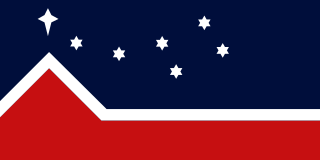
The Western Independence Party (WIP) was a Canadian political party that advocated the separation of Western Canada from Canada to form a new country from the provinces of British Columbia, Alberta, Saskatchewan and Manitoba, and the Yukon and Northwest Territories.
The All Nations Party was a minor political party in British Columbia, Canada. Its primary base of support was the First Nations aboriginal peoples of Canada.
The First Peoples Party (FPP) was a short-lived political-party in Manitoba, Canada.
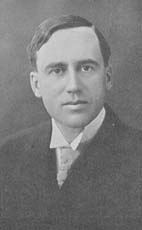
The 1917 Saskatchewan general election was held on June 26, 1917, to elect members of the Legislative Assembly of Saskatchewan.
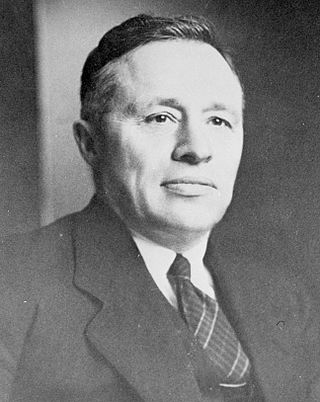
The 1934 Saskatchewan general election was held on June 19, 1934, to elect members of the Legislative Assembly of Saskatchewan.
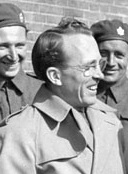
The 1944 Saskatchewan general election, the tenth in the history of the province, was held on June 15, 1944 to elect members of the Legislative Assembly of Saskatchewan. The Co-operative Commonwealth Federation, under the leadership of Tommy Douglas, was elected to a majority government.

The 1948 Saskatchewan general election, the eleventh in the history of the province, was held on June 24, 1948, to elect members of the Legislative Assembly of Saskatchewan. The Co-operative Commonwealth Federation government of Premier Tommy Douglas, first elected in 1944, was re-elected with a majority in the legislature.

The 1964 Saskatchewan general election was held on April 22, 1964, to elect members of the Legislative Assembly of Saskatchewan.

The 1982 Saskatchewan general election was held on April 26, 1982, to elect members of the Legislative Assembly of Saskatchewan.
The Social Credit Party of Saskatchewan, originally known as the Social Credit League of Saskatchewan, was a political party in the Canadian province of Saskatchewan that promoted social credit economic theories from the mid-1930s to the mid-1970s.
The Communist Party of Canada (Saskatchewan) was a communist party in the Canadian province of Saskatchewan. It was the Saskatchewan section of the Communist Party of Canada.

Swan River is a provincial electoral division in the Canadian province of Manitoba. It was created in 1903, in what was then the northwestern corner of the province. Manitoba's borders expanded significantly in 1912, and Swan River is now located in the centre of the province, close to its western border with Saskatchewan. The division has seen several redistributions.
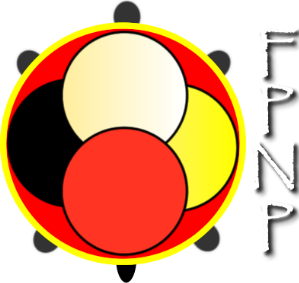
The First Peoples National Party of Canada (FPNPC) was a federal political party in Canada. Focused on Indigenous rights advocacy, it sought to increase the number of Indigenous people involved in the federal electoral process and engage the public on Indigenous issues, while it also nominated candidates for election in electoral districts with large Aboriginal populations. The party ran candidates in three federal elections between 2006 and 2011. The party was voluntarily deregistered by Elections Canada on July 5, 2013, with then-leader Will Morin asserting that the party's purpose had been supplanted by the emergence of the Idle No More activist movement.
The Politics of Saskatchewan relate to the Canadian federal political system, along with the other Canadian provinces. Saskatchewan has a lieutenant-governor, who is the representative of the Crown in right of Saskatchewan; a premier—currently Scott Moe—leading the cabinet; and a legislative assembly. As of the most recent provincial election in 2020, the province is divided into 61 electoral districts, each of which elects a representative to the legislature, who becomes their member, or MLA. In 2020, Moe's Saskatchewan Party was elected to a majority government. Regina is the provincial capital.

Alberta is the only Canadian province to hold elections for nominees to be appointed to the Senate of Canada. These elections are non-binding, as the appointment of senators is solely the responsibility of the Governor General of Canada on the advice of the Prime Minister.
Nicole White is a Canadian activist. White is an advocate for Indigenous people, an anti-poverty activist and notable as the first openly out provincial political candidate in Saskatchewan history.
